CRE ‘Grossly Unprepared’ for Climate Change
Has the real estate industry underestimated the impact of global warming? Here's why this matters.
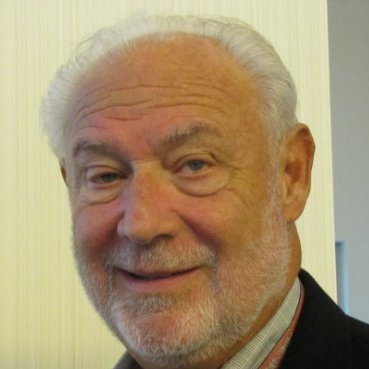 COVID-19, the novel strain of coronavirus, has the world’s attention, and rightly fully so. But the real estate business should not take its eye off another catastrophe-in-waiting, namely global warming. And at least one climate scientist thinks the sector has seriously underestimated the impact of the phenomenon.
COVID-19, the novel strain of coronavirus, has the world’s attention, and rightly fully so. But the real estate business should not take its eye off another catastrophe-in-waiting, namely global warming. And at least one climate scientist thinks the sector has seriously underestimated the impact of the phenomenon.
“This keeps getting worse,” Spencer Glendon, a senior fellow at the Woods Hole Research Center in Falmouth, Mass., said at a recent Urban Land Institute meeting in Washington, D.C. “And as that happens, civilization will be in trouble.”
“It’s not (just) GDP growth,” Glendon stressed, “it’s civilization.”
The research economist maintained that the real estate, insurance and financial sectors are all using outdated models that do not go back nearly far enough to judge and rate the dangers climate change holds. They are, he said, “grossly unprepared” for a coming era of instability.
Glendon spent 18 years as a macroanalyst, partner and Director of Investment Research at Wellington Management, an investment management firm with more than $1 trillion in client assets. During that time, he became convinced that climate change would have significant impacts on capital markets, yet the risks were underappreciated within the financial sector.
Now at Woods Hole, which is considered one of the top climate think tanks in the world, he has spent the last several years focusing on models in climate science and finance and understanding the gaps between the two disciplines and their practitioners.
Glendon’s team doesn’t have its own climate model. Rather, it uses roughly 30 models from scientists around the world to produce a statistically clean mean.
How to Save Business
In his talk, Glendon called for new federal regulations as “the only way you can save your own businesses.”
Switching from plastic to paper straws won’t cut it, he said. If industry doesn’t demand better regulations regarding carbon emissions and other pollutants, there will be more and more crises and “the government will just get bigger and bigger because people won’t trust private industry.”
Glendon has been sharing his dire warnings lately with chief risk officers of financial institutions, whom he noted are “the fabric of institutions who finance your work.” Some the models they have been using are so out of step, he said, that they amount to “financial pornography.”
Most recently, he spoke with officials about the future of Fannie Mae and Freddie Mac, which he said are “being stuck” with mortgages from low-lying areas in Florida, South Carolina and Texas that are prone to flooding because of rising seas.
Change is Coming
One of the problems builders, developers, insurers, rating agencies and the like face is that climate change isn’t any one person’s job. “There’s the physics part. There’s the biology part. There’s the systems part. All different departments. Nobody’s works just on this,” he said.
Glendon’s research shows that the climate has shifted already and may not recover–ever. Areas long considered temperate are now hotter, causing more severe storms, droughts and fires. Furthermore, daytime temperatures will rise to a point where being and working outdoors will be unsafe for longer and longer periods. And rising seas levels will consume more and more coastal property and require governments to build and rebuild expensive infrastructure.
“A warming world will change stability,” he told the ULI governing trustees meeting. “And while you’re unprepared for it, you’re grossly unprepared.”
He cited sample bias as one reason real estate and allied professions aren’t ready for what lies ahead. How many of you, he asked the audience, have 50,000-year-old databases? “Because you haven’t seen it in your data, it is outside the range of possibility. That is very bad preparation.”
Most people are limited to what’s occurred in their lifetimes or models that don’t reach back far enough, he explained. “While you were paying attention to the things that are in your spreadsheets, a lot has actually changed. The climate has already shifted.”
The economist noted that temperature shifts in some place around world will make it unsafe to be outside. While that’s not a problem if air conditioning is available, it is unbearable if it is not. And by 2050, it could lethal in countries such as India and Pakistan.
In places like D.C. and Boston, the amount of time that it’s unsafe to be outside will remain at three or four weeks for about a decade. But by 2040 or so, it will rise to 40 days.
“Human beings have lived in a world where that’s never happened on the surface of the earth before,” he warned. “They’ve been around, but no place outside could kill you by being outside.”
Glendon said the 10 biggest rainstorms of the last 20 years have 20-25 percent more rain than those of the last 20 years of the previous century. And it has occurred because of physics that cannot be debated. “This is not opinion. This is science,” he said.
And it’s “big change,” he added, because for every degree the air becomes warmed, the air holds 7 percent more water. So, for every 10-degree increase in the air temperature, it holds 100 percent more water. “That’s why storms are bigger,” he said.
Because rain comes in deluges in some spots rather than as showers, droughts will become permanent. “That is what’s happening in California,” Glendon said. The Golden State “required a very stable pattern. We moved out of that pattern and there is no longer the right ecosystem.”
Glendon said old models that speak to the notion of a 100-year flood plain are passé. Now, it’s “at least” a 10-year flood plain. “At least once a decade, warm air dumps water out at 24 inches of rain in 24 hours in Pensacola.” Eventually, he predicted, everyone in the country will need flood insurance.
Going Coastal
While all this is going on, Glendon out, developers continue to build at the water’s edge. Florida, Boston and Washington are becoming more coastal every day—“just in time for the apocalypse…It’s just like giving the finger to Mother Nature.”
Buying a coastal house in Florida is a particularly bad investment, the economist warned. He called it “the worst retirement plan you could possibly imagine. You’re doubling down on a place that has a shelf life that’s not very long.”
In calling for more and better federal regulations, Glendon, who has a PhD in economic history, said he understood it would be difficult for a group that regularly fights for fewer rules. But he said that without rules, life will be “more violent and less civilized.”
Besides, there is a precedent for doing so, he added. Cities used to burn down over and over again until insurance companies demanded that fire departments place fire houses and then hydrants every few blocks, he pointed out. Now, there are no more such blazes; the Great Chicago Fire of 1871 was the last.

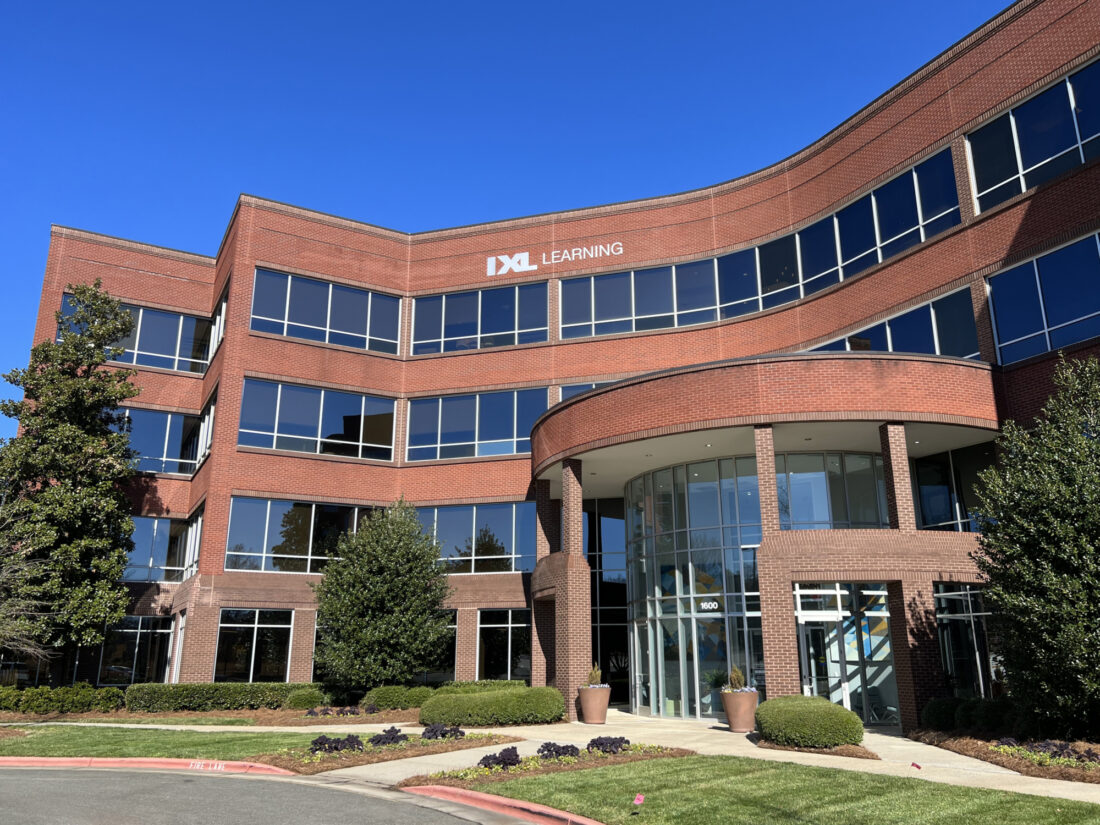
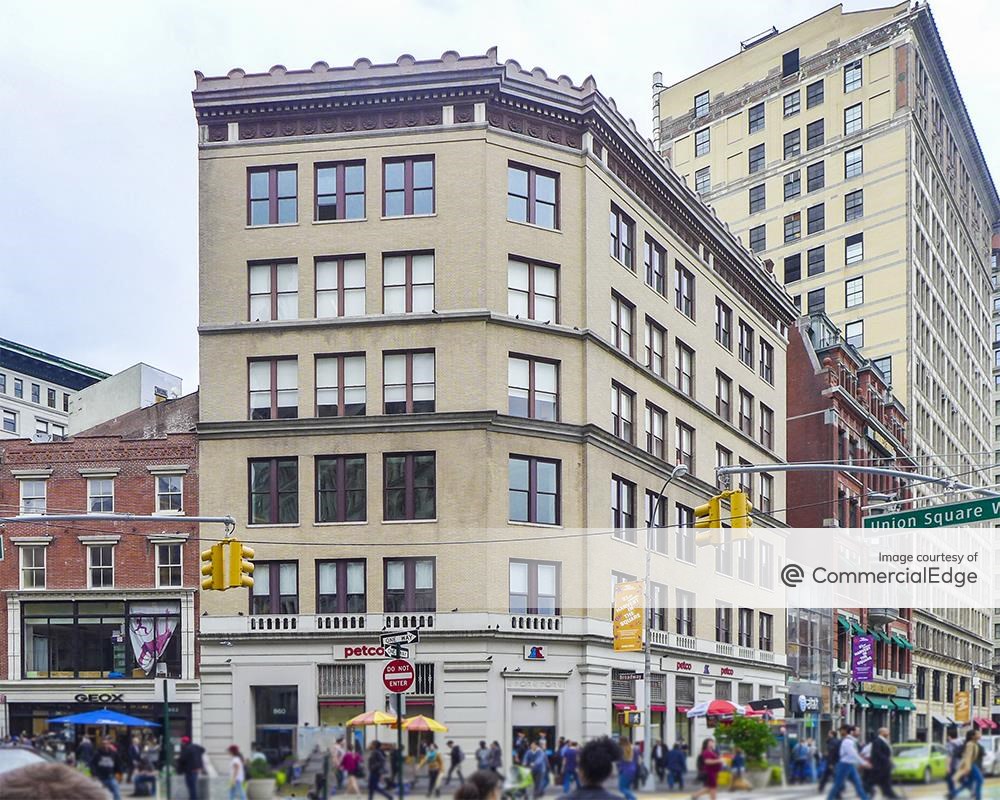
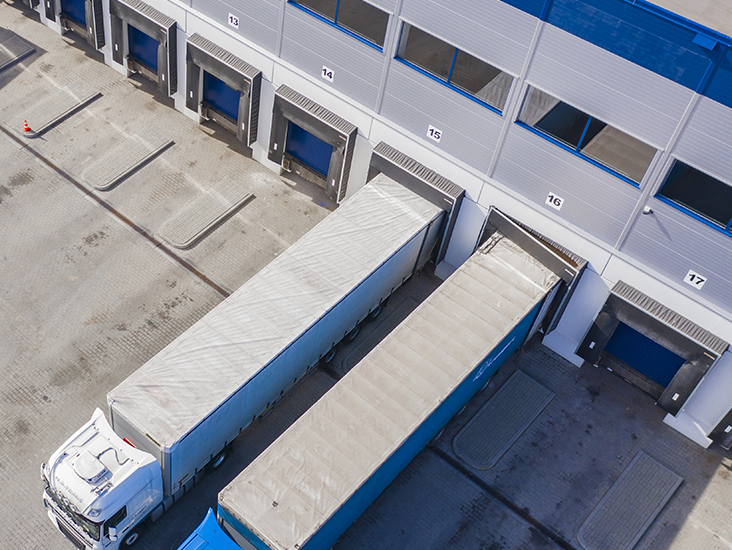
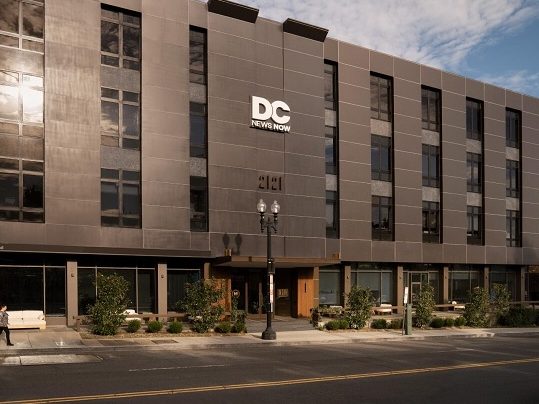
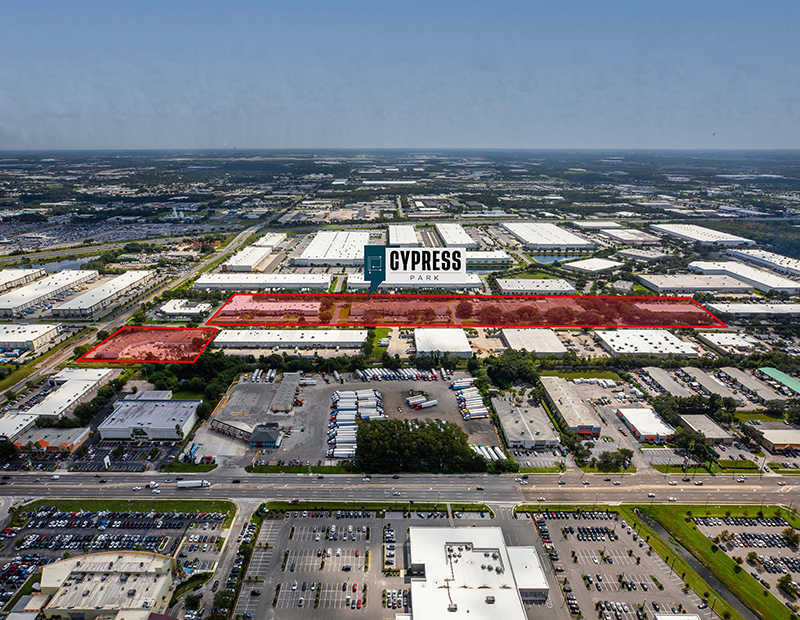

You must be logged in to post a comment.